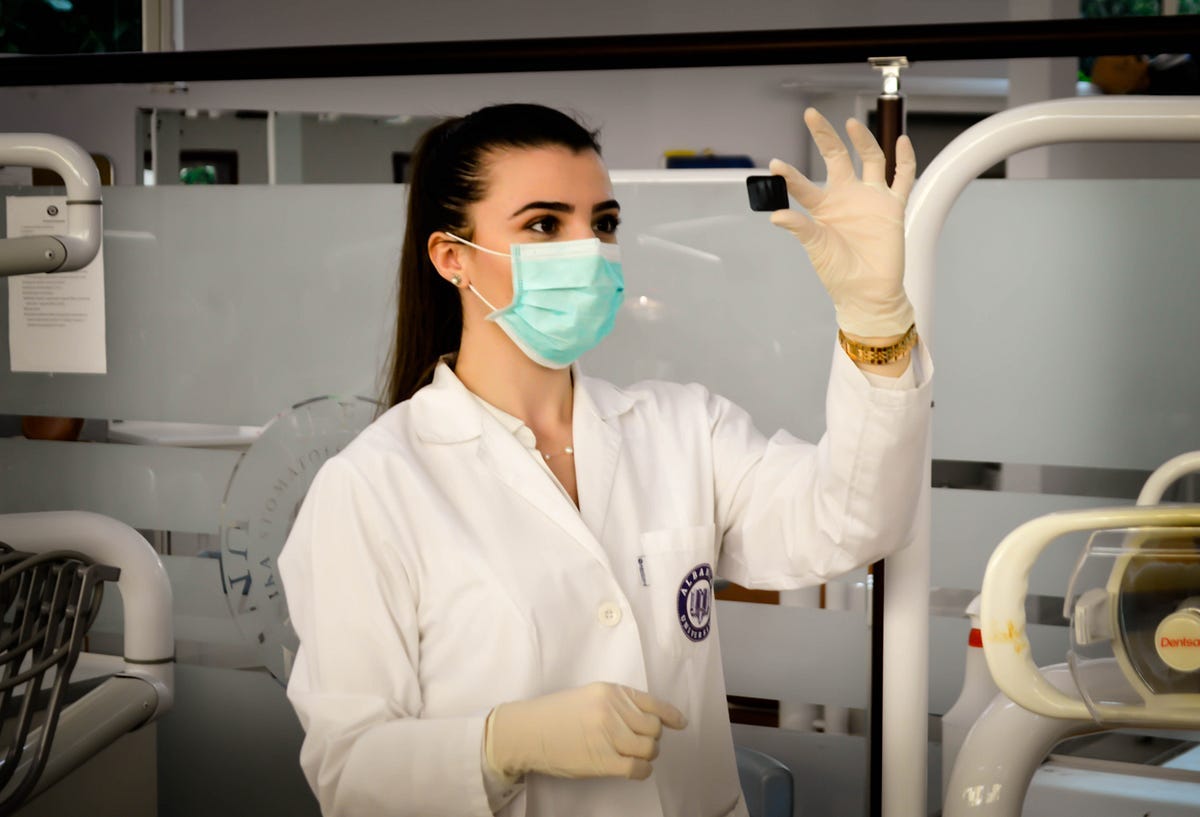Our Future Health’s ambitious quest

In 2023, a groundbreaking British health research initiative called “Our Future Health” emerged on the horizon, bearing the promise of transforming the healthcare landscape.
At its core, this project aims to enlist a staggering 5 million volunteers who will play a pivotal role in pioneering novel ways to thwart, diagnose, and manage diseases, all while revolutionizing the very fabric of healthcare as we know it.
But what sets “Our Future Health” apart is not merely its lofty goal but the intricate strategies it employs to achieve it.
Our Future Health Unveiled
Formerly known as the “Early Disease Detection Research Project UK (EDRP UK)” and the “Accelerating Detection of Disease (ADD),” this charity and research venture has set its sights on one clear objective: to enhance the early identification and management of diseases.
In the capable hands of Sir John Bell, who chairs the project, this endeavour aims to create a vast testing ground for novel diagnostic and preventive strategies, deploying them across a vast and diverse population.
Participants, each aged 18 and above, are invited to embark on this transformative journey. They are called to complete a comprehensive health and lifestyle questionnaire and, most notably, to provide a blood sample during their clinic visit.
These clinics, strategically placed across the UK, from university campuses to Boots branches, serve as gateways for the ambitious data collection process.
The project’s allure extends beyond its goals. It enjoys the unyielding support of the government, the life sciences industry, the NHS, and prominent charities like Alzheimer’s Society, the British Heart Foundation, and Cancer Research UK. The collaboration of these entities infuses the project with a sense of dynamism, further deepening its mystique.
Data and Research
“Our Future Health” will harmonise the intricate threads of genetic information, health records, and personal narratives, capturing the essence of health and well-being, which in turn informs the strategies for disease risk management and intervention.
As this multi-dimensional approach unfolds, it unveils a profound and multifaceted portrait of human health and diseases, and the genetic data from a mixed cohort adds complexity and diversity to this landscape. Researchers are poised to decipher these complex symphonies of data to uncover novel insights into human health and diseases.
Harnessing this information, including genetic data, “Our Future Health” will compile disease risk profiles for participants, and these profiles promise to be the cornerstone for precision medicine. The project’s intricate style introduces the concept of customized diagnostics and treatments, ushering us into a new era of healthcare.
Participants, though, are not merely passive figures in this narrative, because they have an active role, deciding whether to grant permission for future contact, engagement in follow-on research, and the receipt of personal feedback about their health.
The Road Ahead
As “Our Future Health” embarks on its monumental journey, it’s essential to recognize its potential to become a catalyst for change. This venture signals a shift from reactive healthcare to proactive disease management, and the project leaders envision it as a long-term endeavour, spanning a decade or more, ensuring its sustainable impact.
The finale reveals an intricate web of healthcare innovation, weaved by the cooperation of millions of individuals and the unyielding support of the government, industry, and healthcare sector. The message is clear: the healthcare story is being rewritten with complexity and diversity at its heart.
“Our Future Health” is a shining example of how new ways of thinking can drive innovation, redefine healthcare, and ultimately benefit us all.




